
Calabar: The Paradise of Nigeria
Calabar, the capital of Cross River State, is a hidden gem in southeastern Nigeria. Known for its beautiful landscapes, rich history, and vibrant culture, this city offers a unique blend of natural beauty and urban charm. Nestled between the Calabar River and the Great Kwa River, Calabar boasts lush greenery, pristine beaches, and an array of wildlife, making it a haven for nature lovers and adventure seekers alike. One of the most notable attractions in Calabar is the Afi Mountain Wildlife Sanctuary, home to the endangered Cross River gorillas. Visitors can explore the sanctuary through guided tours and experience the raw beauty of Nigeria's rainforest. The city is also renowned for the annual Calabar Carnival, dubbed 'Africa's Biggest Street Party'. This month-long festival in December features colorful parades, traditional dances, music, and a showcase of the rich cultural heritage of the Efik people. History enthusiasts will find Calabar fascinating, as it was once a major center of the transatlantic slave trade. A visit to the Slave History Museum offers profound insights into this dark period of history. The city's colonial architecture, including the Old Residency Museum and the Duke Town Church, further adds to its historical allure. For those seeking relaxation, the beautiful Marina Resort provides a perfect getaway with picturesque views of the Calabar River, boat rides, and a range of leisure activities.
Local tips in Calabar
- Visit in December to experience the vibrant Calabar Carnival.
- Book guided tours for wildlife sanctuaries to ensure safety and a richer experience.
- Try the local Efik cuisine, especially dishes like Edikang Ikong and Afang soup.
- Carry insect repellent to protect against mosquitoes, especially near natural reserves.
- Use local guides to explore historical sites for accurate information and a deeper understanding.
Calabar: The Paradise of Nigeria
Calabar, the capital of Cross River State, is a hidden gem in southeastern Nigeria. Known for its beautiful landscapes, rich history, and vibrant culture, this city offers a unique blend of natural beauty and urban charm. Nestled between the Calabar River and the Great Kwa River, Calabar boasts lush greenery, pristine beaches, and an array of wildlife, making it a haven for nature lovers and adventure seekers alike. One of the most notable attractions in Calabar is the Afi Mountain Wildlife Sanctuary, home to the endangered Cross River gorillas. Visitors can explore the sanctuary through guided tours and experience the raw beauty of Nigeria's rainforest. The city is also renowned for the annual Calabar Carnival, dubbed 'Africa's Biggest Street Party'. This month-long festival in December features colorful parades, traditional dances, music, and a showcase of the rich cultural heritage of the Efik people. History enthusiasts will find Calabar fascinating, as it was once a major center of the transatlantic slave trade. A visit to the Slave History Museum offers profound insights into this dark period of history. The city's colonial architecture, including the Old Residency Museum and the Duke Town Church, further adds to its historical allure. For those seeking relaxation, the beautiful Marina Resort provides a perfect getaway with picturesque views of the Calabar River, boat rides, and a range of leisure activities.
When is the best time to go to Calabar?
Iconic landmarks you can’t miss
The Metropolitan Hotel Calabar
Discover luxury and comfort at The Metropolitan Hotel Calabar, your perfect retreat for exploring the vibrant culture and history of Calabar, Nigeria.
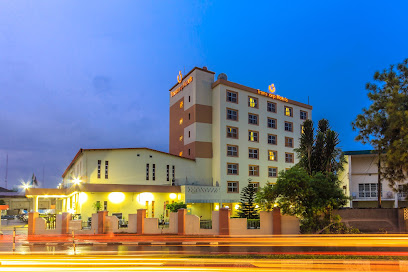
Native Delicacies Restaurant Calabar
Discover authentic Nigerian cuisine at Native Delicacies Restaurant in Calabar, where local flavors meet a warm and inviting atmosphere.
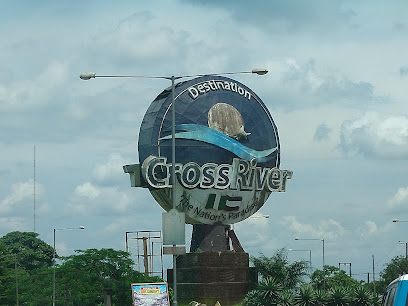
U.J Esuene Stadium
Discover the vibrant atmosphere of U.J Esuene Stadium in Calabar, a hub for thrilling sports events and cultural experiences in Nigeria.
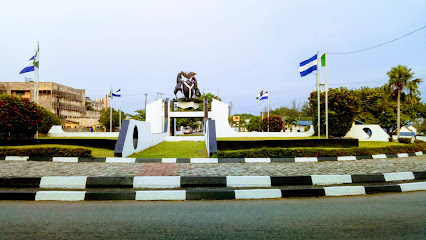
Tata Fish
Experience Calabar's vibrant culinary scene at Tata Fish, serving fresh seafood and hearty breakfast dishes in a welcoming atmosphere.
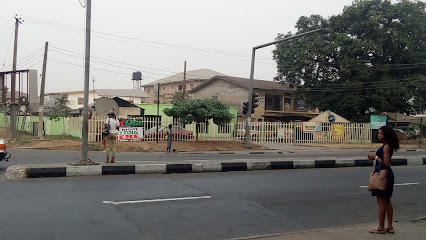
Channel View Hotel Calabar
Discover the charm of Calabar at Channel View Hotel, where comfort meets convenience in the heart of Cross River, Nigeria.

Calabar Harbour Resort & Spa
Discover unparalleled luxury and tranquility at Calabar Harbour Resort & Spa, the perfect getaway in the heart of Calabar, Nigeria.
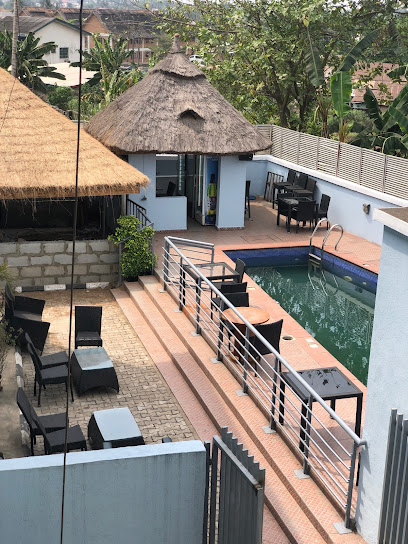
Tinapa Business and Leisure Resort
Discover a perfect blend of relaxation and adventure at Tinapa Business and Leisure Resort in Calabar, Cross River, your ideal getaway destination.
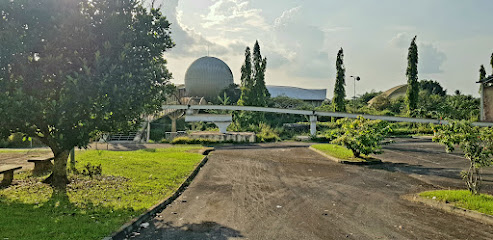
MARINA Beach, Calabar
Experience the rich history and stunning beauty of Marina Beach, a cultural gem in Calabar, perfect for tourists seeking adventure and relaxation.
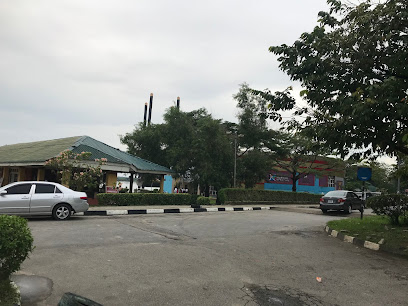
Bulavaad Fun Space
Discover the vibrant flavors of Calabar at Bulavaad Fun Space, where local and international cuisines come together in a lively atmosphere.
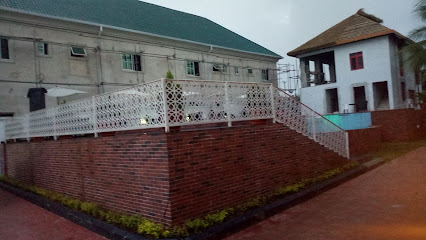
Mustard Seed
Experience the rich flavors of Calabar at Mustard Seed, a cozy restaurant perfect for breakfast lovers and culinary enthusiasts alike.
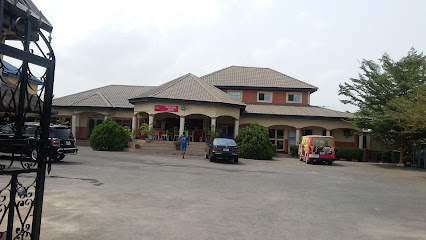
National Museum, Calabar
Explore Nigeria's rich cultural heritage at the National Museum in Calabar, where history, art, and tradition come to life in captivating exhibits.
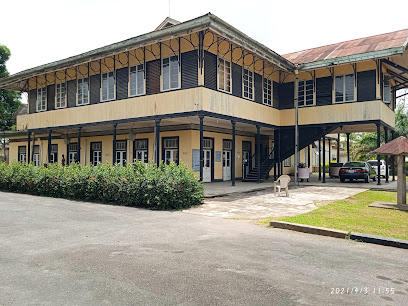
Slave Trade Museum
Explore the profound history of the transatlantic slave trade at the Slave Trade Museum in Calabar, a vital cultural landmark in Nigeria.
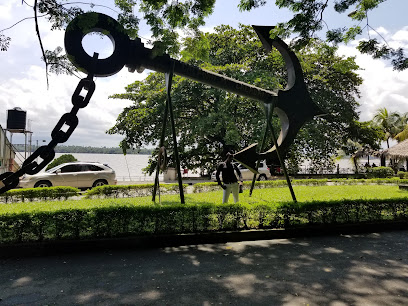
City Church Calabar
Experience the vibrant community and dynamic worship at City Church Calabar, a spiritual haven in the heart of Cross River.
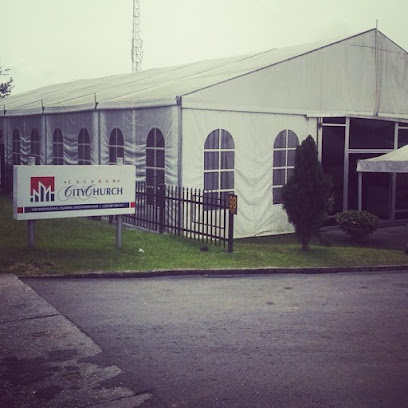
Abraham Ordia Stadium
Discover the vibrant energy of sports at Abraham Ordia Stadium, a cultural landmark in Calabar, Nigeria, showcasing local and national athletic events.
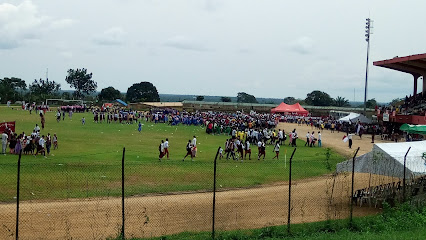
World War 1 Cenotaph
Discover the solemn beauty of the World War 1 Cenotaph in Calabar, a historical landmark honoring the sacrifices of brave soldiers.
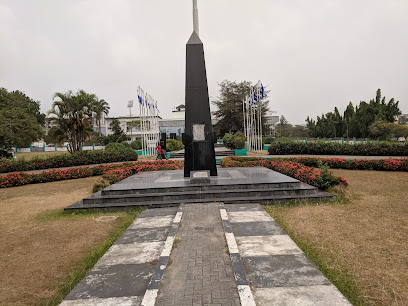
Unmissable attractions to see
U.J Esuene Stadium
Experience the thrill of Nigerian football and local culture at U.J. Esuene Stadium, a vibrant hub in the heart of Calabar.
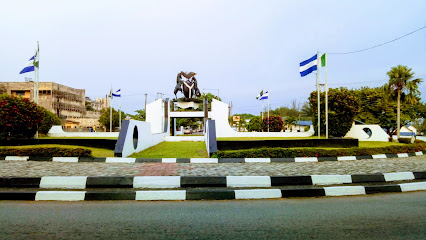
Cross River National Park
Discover the rich biodiversity and stunning landscapes of Cross River National Park, Nigeria's premier national park for adventure and wildlife enthusiasts.
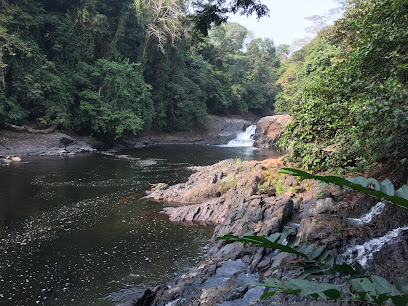
Tinapa Business and Leisure Resort
Discover tranquility and excitement at Tinapa Business and Leisure Resort in Calabar, where relaxation meets vibrant entertainment options.
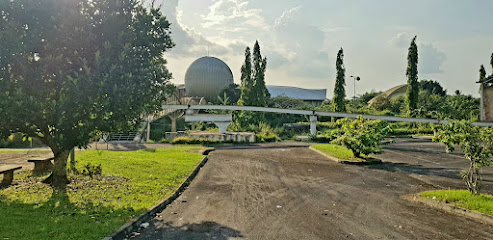
MARINA Beach, Calabar
Experience the beauty and culture of Marina Beach in Calabar, a historical landmark that offers relaxation and recreation by the waterfront.
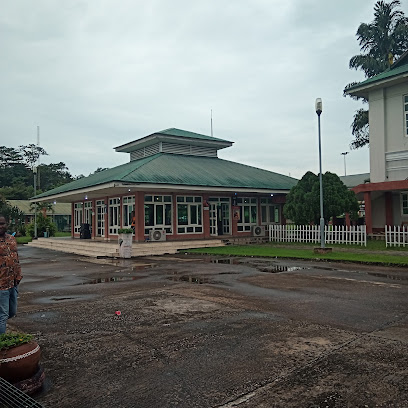
National Museum, Calabar
Explore the National Museum in Calabar and immerse yourself in Nigeria's rich cultural heritage and history through captivating exhibits and artifacts.
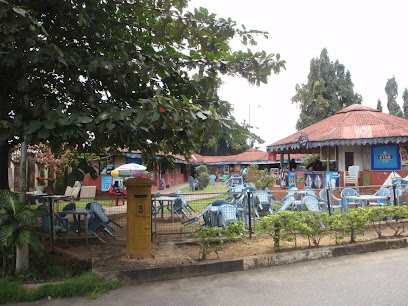
Slave Trade Museum
Explore the poignant history of the transatlantic slave trade at the Slave Trade Museum in Calabar, Nigeria - a must-visit for history enthusiasts and cultural travelers.
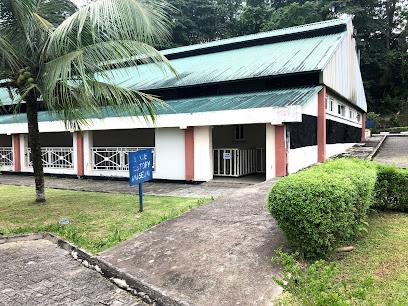
Tinapa Water Park
Explore the thrilling water attractions of Tinapa Water Park in Cross River, Nigeria, perfect for family fun and relaxation under the sun.
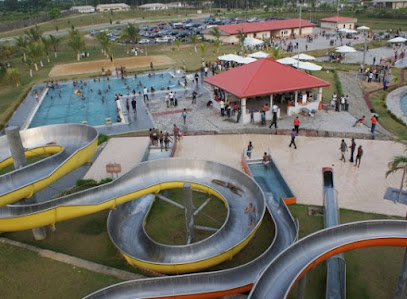
World War 1 Cenotaph
Explore the World War 1 Cenotaph in Calabar, a historical landmark honoring those who sacrificed their lives during the Great War amidst tranquil gardens.
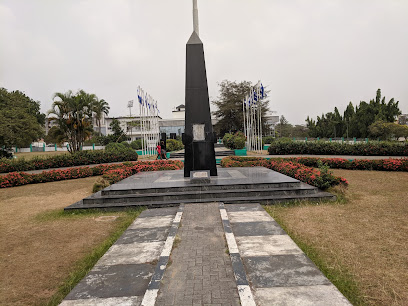
Kwa Falls
Explore the breathtaking Kwa Falls in Aningeje, a serene nature preserve featuring stunning waterfalls and rich biodiversity in Cross River, Nigeria.
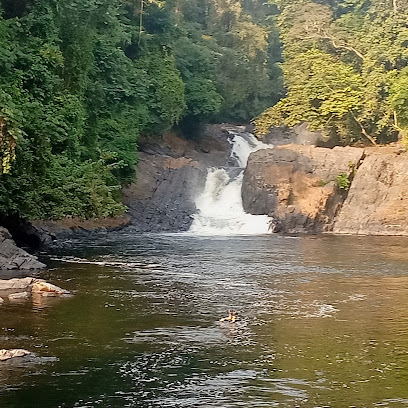
Big Qua Field
Discover tranquility and local culture at Big Qua Field, a beautiful park in Calabar, perfect for relaxation and exploration amidst nature.
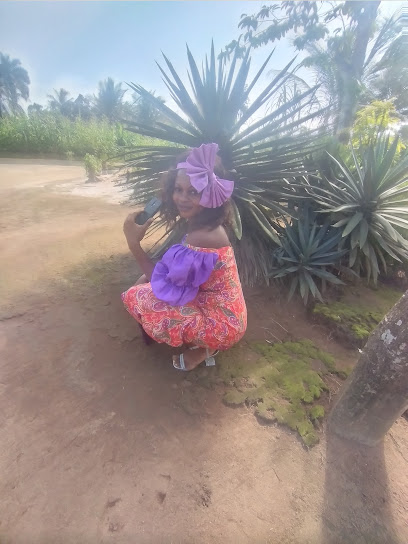
Pandrillus NigeriaDrill Ranch
Explore the serene beauty of Pandrillus Nigeria Drill Ranch, where wildlife conservation meets breathtaking nature in Cross River, Nigeria.
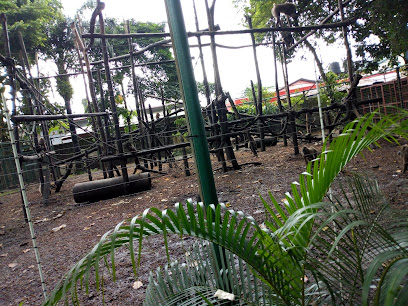
Fingers Park
Experience the tranquility and natural beauty of Fingers Park in Calabar, a perfect escape for relaxation and leisure amidst lush greenery.
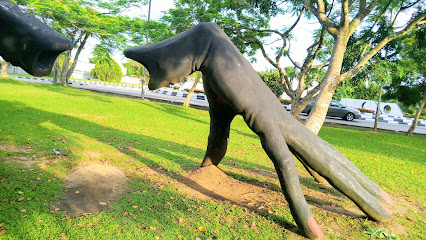
Ndidem of the Quas Palace Grounds
Discover the Ndidem of the Quas Palace Grounds, a cultural gem in Calabar showcasing the rich traditions and history of the Efik people.
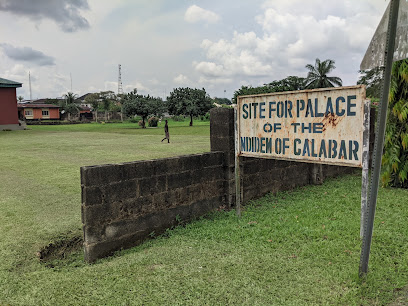
Millenium park(eleven eleven)
Experience the peace and beauty of Millenium Park in Calabar, a perfect getaway for nature lovers and cultural enthusiasts alike.
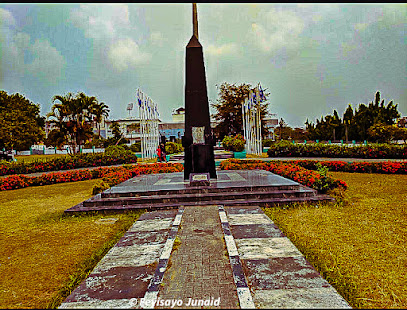
Calabar Beach.
Experience the stunning beauty and rich culture of Calabar Beach in Akwa Ibom, a perfect getaway for relaxation and exploration.
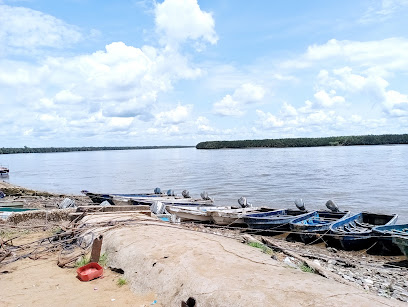
Essential places to dine
Native Delicacies Restaurant Calabar
Discover authentic Nigerian cuisine at Native Delicacies Restaurant in Calabar - where tradition meets taste.
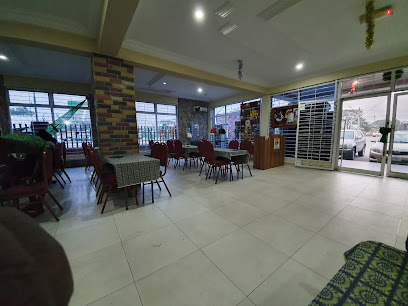
Tata Fish
Discover the rich flavors of local cuisine at Tata Fish, Calabar's premier breakfast restaurant offering fresh seafood and traditional dishes.
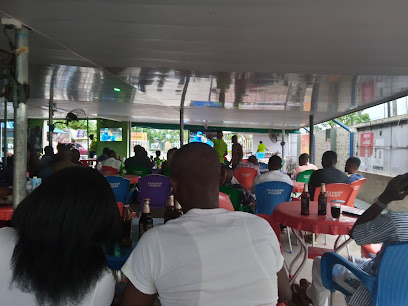
E3 Restaurant
Discover culinary delights at E3 Restaurant in Duke Town, Calabar - where local flavors meet international cuisine.
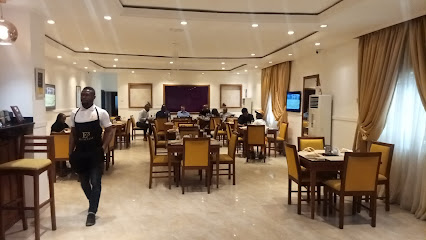
Bulavaad Fun Space
Discover Bulavaad Fun Space in Calabar: A vibrant restaurant offering authentic Nigerian cuisine amidst the lively atmosphere of the University.
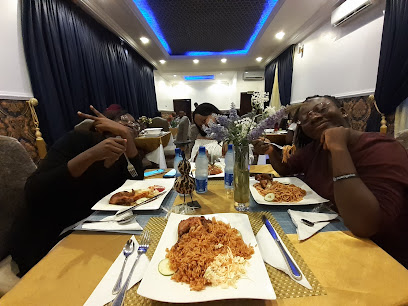
Eme Inn Calabar
Experience authentic Nigerian cuisine at Eme Inn Calabar, where every dish tells a story in the heart of Cross River.
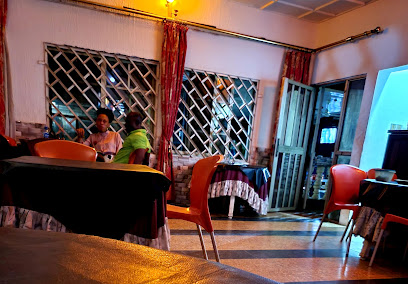
Food Villa | Best Sharwarma Restaurant in Calabar
Discover authentic Middle Eastern cuisine at Food Villa in Calabar – home of the best shawarma and delightful fast food options.
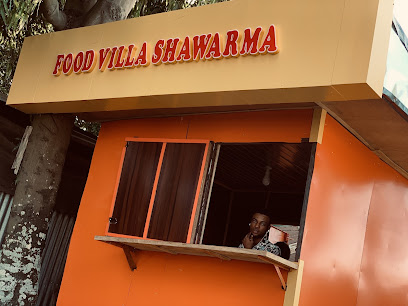
Backyard Terrace
Experience the best of Calabar's culinary scene at Backyard Terrace - where great food meets vibrant social atmosphere.
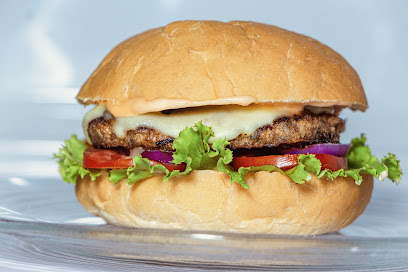
THE FUSION
Experience the vibrant flavors of Calabar at The Fusion, where delicious breakfasts meet warm hospitality in a cozy setting.
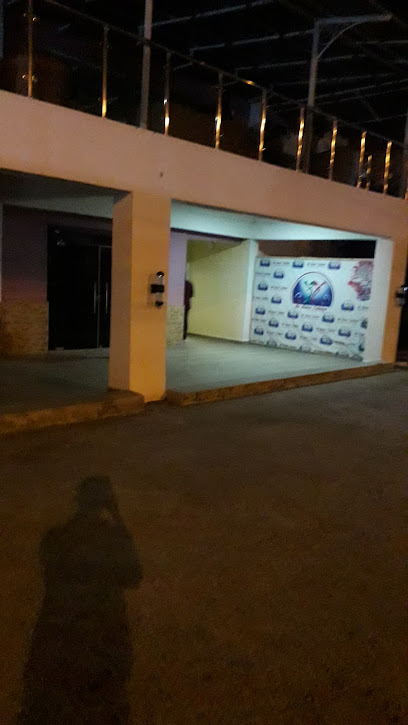
Freddy's Restaurant
Experience authentic Nigerian cuisine and international flavors at Freddy's Restaurant in Atekong - where every meal tells a story.
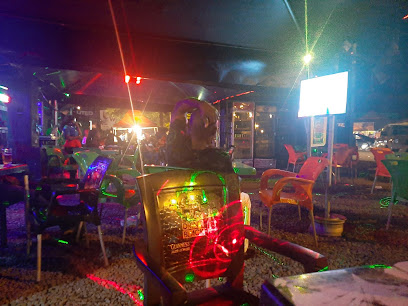
Tatafish Restaurant
Experience the best of local and international cuisine at Tatafish Restaurant in Calabar – where flavor meets hospitality.
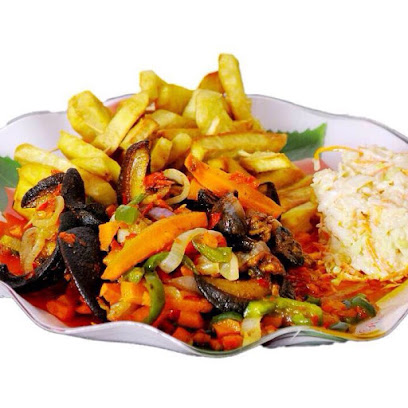
St. Mary's Kitchen
Discover delicious breakfast delights at St. Mary's Kitchen in Calabar – where local flavors meet cozy dining.
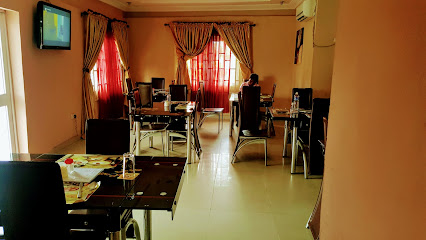
The Home Restaurant and Lounge
Experience the essence of Calabar at The Home Restaurant and Lounge, where local flavors meet international cuisine in an inviting setting.
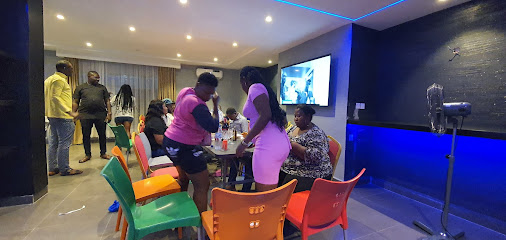
The Beehive restaurant
Experience authentic Nigerian cuisine at The Beehive Restaurant in Calabar's Big Qua Town – where local flavors meet warm hospitality.
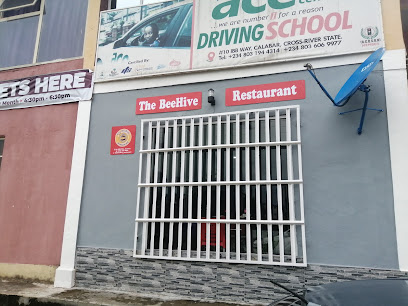
The Table & Sauce Restaurant
Discover authentic Nigerian cuisine at The Table & Sauce Restaurant in Calabar – where tradition meets taste in every dish.
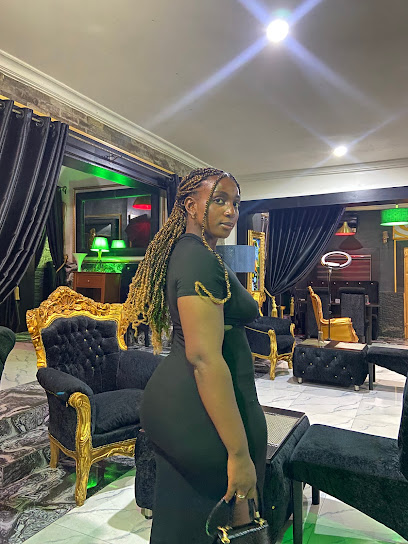
House 4
Discover the delightful flavors of breakfast at House 4 in Calabar's Big Qua Town - where every meal is a celebration of local cuisine.
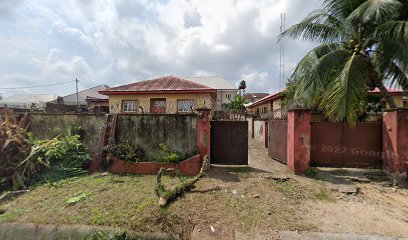
Markets, malls and hidden boutiques
SPAR
Explore SPAR Calabar, a bustling hypermarket offering an extensive range of groceries, electronics, and local delicacies in the heart of Cross River.
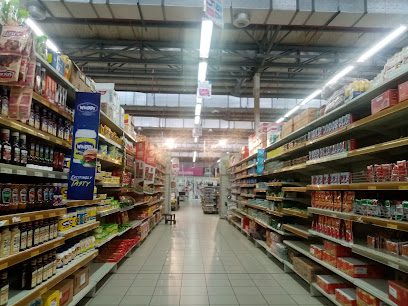
TUCKERS CLOZET - FAVOURITE BOUTIQUE IN CALABAR
Explore Tuckers Clozet, Calabar's premier boutique, offering stylish clothing and unique accessories that celebrate local fashion and contemporary trends.
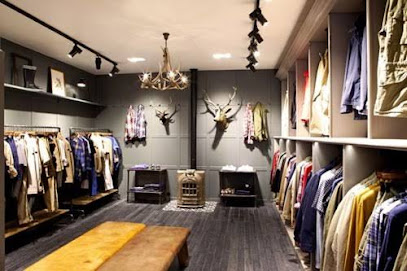
Nikkycribe hair shoes bags cloth
Explore Nikkycribe in Calabar for unique gifts, stylish accessories, and a true taste of local craftsmanship and culture.
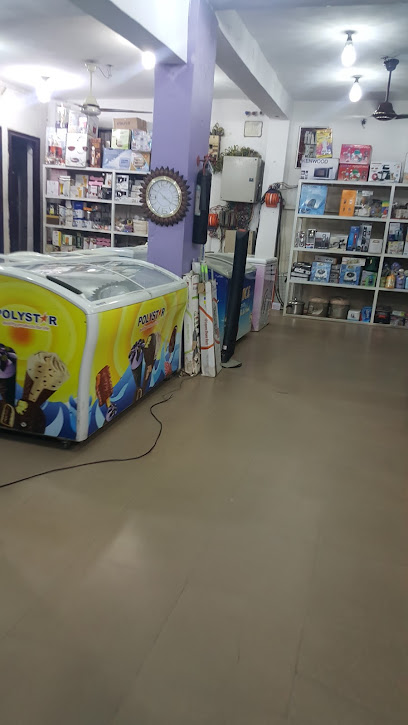
Thrift_n_slay
Discover stylish and affordable women's clothing at Thrift_n_slay, a trendy boutique in the heart of Calabar's fashion scene.
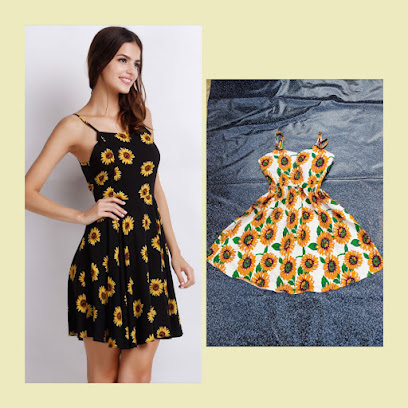
PEP Calabar Mall
Explore the vibrant world of fashion at PEP Calabar Mall, where quality meets affordability for the whole family.
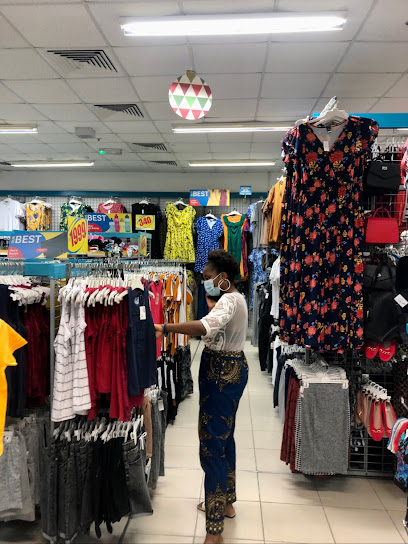
Sosowearz
Discover unique fashion treasures at Sosowearz, the premier boutique in Calabar, showcasing local designs and contemporary styles.
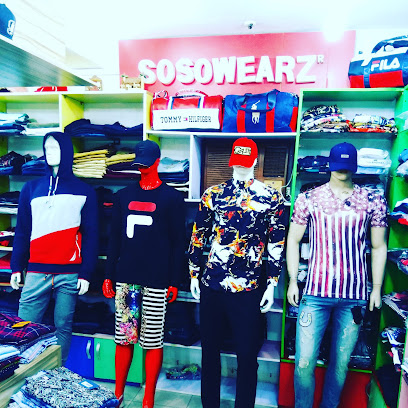
Fashion Rule Store
Explore unique fashion treasures at Fashion Rule Store in Calabar, where style meets diversity in clothing, accessories, and more.
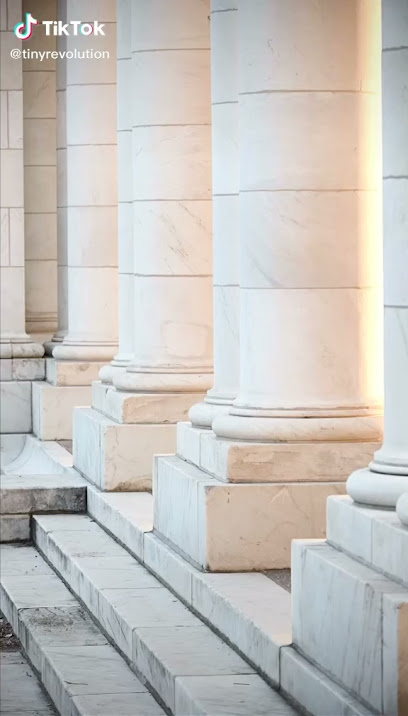
Remi Shop
Explore the charm of Calabar at Remi Shop, your go-to boutique for unique handcrafted treasures and local artisan goods.
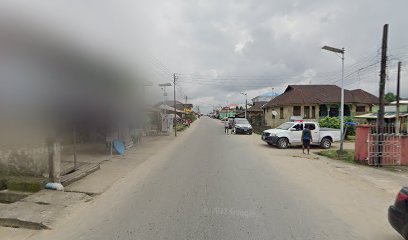
New invention store
Discover the New Invention Store in Calabar: A boutique brimming with creativity, local crafts, and unique treasures for every traveler.
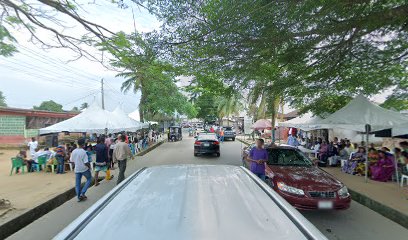
Unique Concept
Explore Unique Concept in Calabar, a boutique celebrating local craftsmanship and creativity, perfect for unique souvenirs and authentic experiences.

Goods Of Desire
Explore the heart of Calabar's craftsmanship at Goods Of Desire, a boutique rich with unique treasures and local artistry.
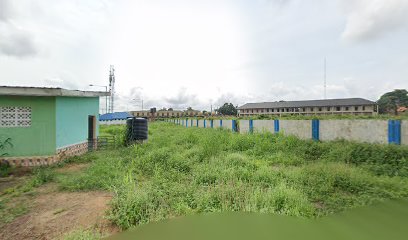
Shop Cute N Smart
Explore the vibrant thrift culture of Calabar at Shop Cute N Smart, where unique treasures await every visitor.
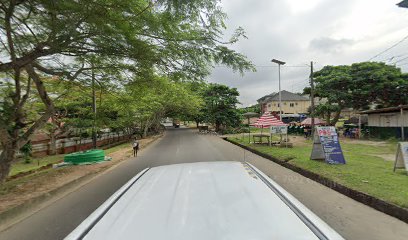
AUTHENTIC ALICE
Experience the vibrant culture of Calabar at Authentic Alice, your go-to destination for unique fashion accessories that celebrate local craftsmanship.
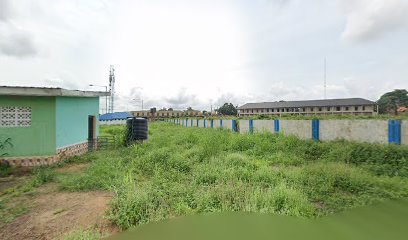
Inasco Stores
Explore Inasco Stores in Calabar for a unique shopping experience featuring local crafts and vibrant culture in the heart of Watt Market.

Unik Stores
Explore Unik Stores in Calabar for unique local crafts, souvenirs, and a taste of Cross River's vibrant culture in every purchase.
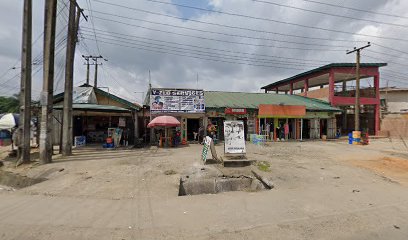
Essential bars & hidden hideouts
Bulavaad Fun Space
Experience the vibrant atmosphere and diverse flavors at Bulavaad Fun Space, a top restaurant in Calabar perfect for culinary adventures.
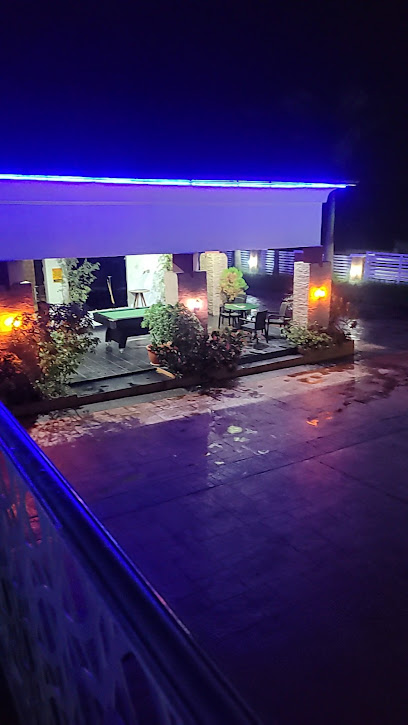
Delve Bar
Experience the vibrant nightlife of Calabar at Delve Bar, where refreshing drinks and a lively atmosphere await.
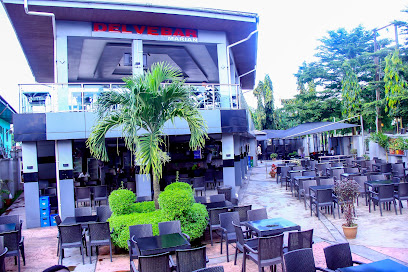
Bays Bar Calabar
Discover the vibrant nightlife at Bays Bar Calabar, where music, cocktails, and camaraderie create unforgettable experiences in the heart of the city.
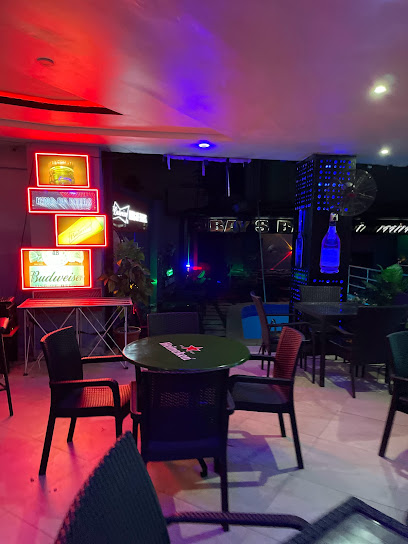
King's Winery
Discover the vibrant nightlife at King's Winery in Calabar, where delightful drinks and a lively atmosphere await!
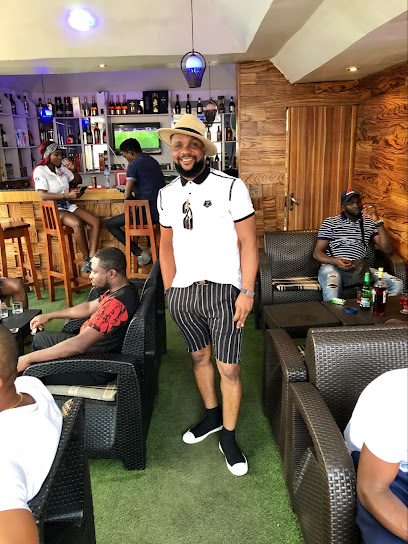
Deluxe Grill & Bar
Experience the vibrant flavors and lively atmosphere at Deluxe Grill & Bar in Calabar, where great food meets unforgettable nights.
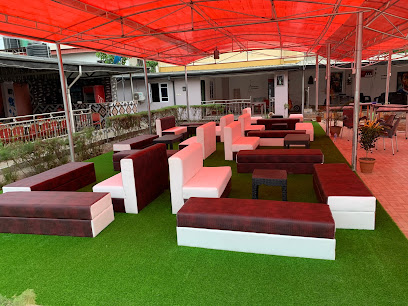
Angles Bar & Lounge
Discover the lively Angles Bar & Lounge in Calabar, where refreshing drinks and delicious fast food meet a vibrant atmosphere.
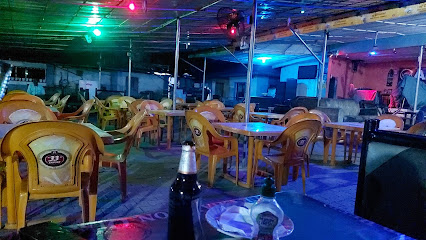
Zanzee Bar
Experience the vibrant nightlife at Zanzee Bar in Calabar, a cozy lounge serving refreshing drinks and local flavors in a relaxed setting.
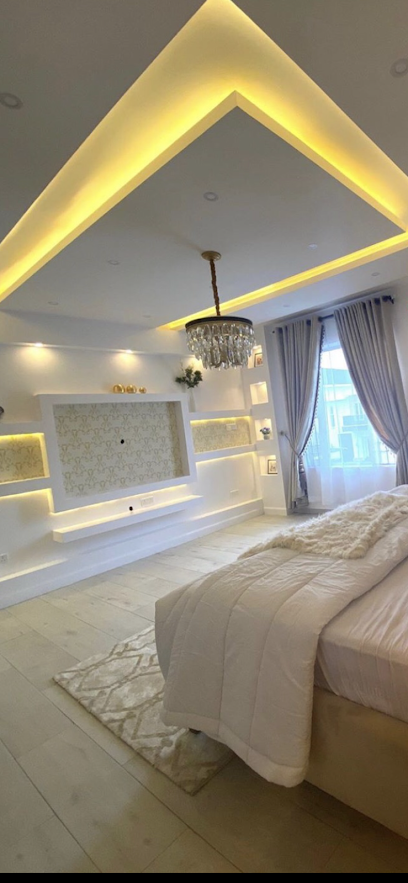
Amber Karaoke Lounge
Experience the vibrant nightlife of Calabar at Amber Karaoke Lounge, where music, laughter, and unforgettable performances unite!
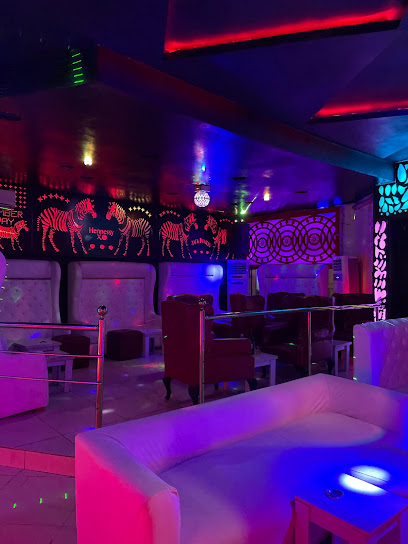
Kings Bar Akai Effa
Experience the vibrant nightlife at Kings Bar Akai Effa in Calabar, where friendly service meets a diverse drink selection.
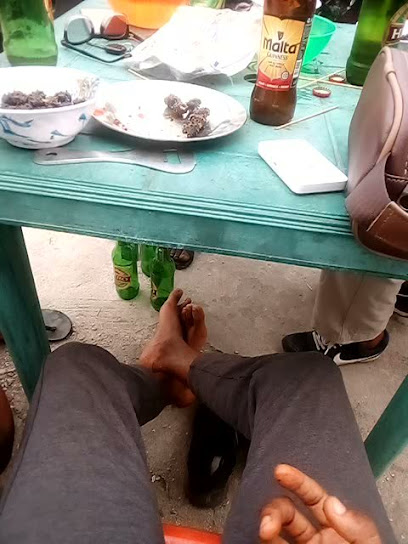
De Sauce Rooftop
Experience the vibrant nightlife of Calabar at De Sauce Rooftop, where stunning views and refreshing cocktails await every visitor.
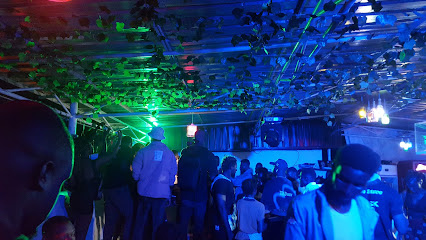
Success Villa Bar & Lounge
Discover the vibrant atmosphere and delightful culinary offerings at Success Villa Bar & Lounge in Old Town Calabar, a perfect spot for relaxation and socializing.
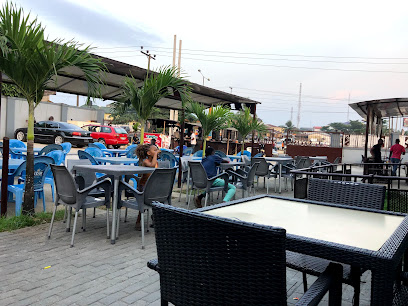
AMC
Experience the vibrant flavors of AMC Grill in Calabar, a top destination for grilled delights and refreshing drinks in a lively atmosphere.
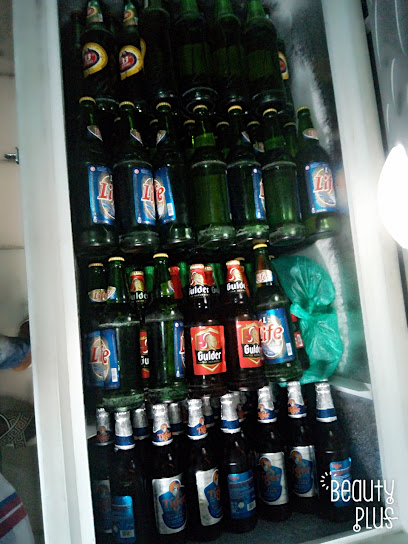
Little Havana
Discover the lively atmosphere, rich culture, and vibrant nightlife of Little Havana, a must-visit destination in Calabar for every traveler.
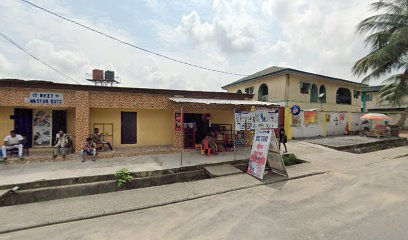
MEETCITY LOUNGE
Experience the lively atmosphere and delicious local drinks at MeetCity Lounge, Calabar's top bar for tourists seeking fun and relaxation.
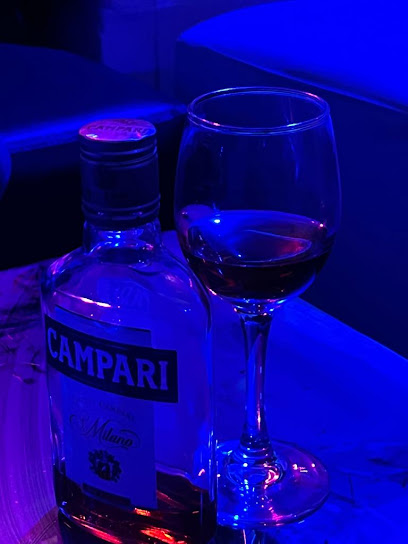
Local Phrases
-
- HelloNdewo
[N-deh-wo] - GoodbyeKachifo
[Ka-chi-fo] - YesEe
[Eh] - NoMba
[M-bah] - Please/You're welcomeBiko
[Bee-koh] - Thank youDaalu
[Da-loo] - Excuse me/SorryKeduo
[Keh-doo] - How are you?Kedu ka i mere?
[Keh-doo ka ee meh-reh] - Fine. And you?Ndewo. O di mma ka i mere?
[N-deh-wo. Oh dee mah ka ee meh-reh] - Do you speak English?O gini ka i si bekee?
[Oh gee-nee ka ee see beh-keh] - I don't understandA di m ejele
[Ah dee mah eh-jeh-leh]
- HelloNdewo
-
- I'd like to see the menu, pleaseA ga m edere menu, biko
[Ah gah m eh-deh-reh meh-noo, bee-koh] - I don't eat meatA di m ebi odo
[Ah dee mah eh-bee oh-doh] - Cheers!Ogoloma!
[Oh-goh-loh-mah] - I would like to pay, pleaseA ga m were, biko
[Ah gah m weh-reh, bee-koh]
- I'd like to see the menu, pleaseA ga m edere menu, biko
-
- Help!Nwamkpam!
[N-wahm-kpahm] - Go away!Gaa kuo!
[Gah kwoh] - Call the Police!Kpem ka oko owo!
[Kpehm kah oh-koh oh-woh] - Call a doctor!Kpem ka doctor!
[Kpehm kah doh-ktoh] - I'm lostA di m bulu
[Ah dee mah boo-loo] - I'm illA di m na-eje
[Ah dee mah nah-eh-jeh]
- Help!Nwamkpam!
-
- I'd like to buy...A ga m gbagbu...
[Ah gah m g-bah-goo] - I'm just lookingA di m chigi
[Ah dee mah chih-gee] - How much is it?Ebee ka ito nke a?
[Eh-beh ka ee-toh n-keh ah] - That's too expensiveOtu nke a na-akpu isi
[Oh-too n-keh ah nah-ah-kpoo ee-see] - Can you lower the price?Maka o nwebo ihe o maara?
[Mah-kah oh n-weh-boh ee-heh oh mah-rah]
- I'd like to buy...A ga m gbagbu...
-
- What time is it?Kedu ebe i si?
[Keh-doo eh-beh ee see] - It's one o'clockOtu bia na-akwukwo
[Oh-too bee-ah nah-ah-kwoo-kwo] - Half past (10)Akwukwo na iri abuo
[Ah-kwoo-kwo nah ee-ree ah-boo-oh] - MorningUtutu
[Oo-too-too] - AfternoonEhihie
[Eh-hee-heh] - EveningMgbe
[Mm-beh] - YesterdayEchie
[Eh-chee] - TodayOnwa
[Oh-nwah] - TomorrowOge
[Oh-geh] - 1Otu
[Oh-too] - 2Abuo
[Ah-boo-oh] - 3Ato
[Ah-toh] - 4Anwa
[Ah-nwah] - 5Isii
[Ee-see] - 6Iri
[Ee-ree] - 7Iche
[Ee-cheh] - 8Isii na abuo
[Ee-see nah ah-boo-oh] - 9Isii na ato
[Ee-see nah ah-toh] - 10Iri na abuo
[Ee-ree nah ah-boo-oh]
- What time is it?Kedu ebe i si?
-
- Where's a/the...?Ebee ka...
[Eh-beh ka] - What's the address?Kedu ihe adi adreesi?
[Keh-doo ee-heh ah-dee ah-dree-see] - Can you show me (on the map)?Maka o nwere ya n'akwukwo?
[Mah-kah oh n-weh-reh yah nah-ah-kwoo-kwo] - When's the next (bus)?Kedu ihe o ga-ekwu?
[Keh-doo ee-heh oh gah-eh-kwoo] - A ticket (to ....)Eziokwu (si ....)
[Eh-zee-oh-kwoo (see)]
- Where's a/the...?Ebee ka...
History of Calabar
-
Calabar, historically known as 'Akwa Akpa,' was one of the earliest developed cities in Nigeria. The region was originally inhabited by the Efik people, who are believed to have migrated from the hinterlands in the early 17th century. Calabar became a prominent trading hub due to its strategic location along the Calabar River.
-
During the 17th and 18th centuries, Calabar became a significant center for the transatlantic slave trade. European traders, particularly the Portuguese, British, and Dutch, established trading posts in the area. The Old Calabar region was one of the major slave-exporting centers, with thousands of enslaved Africans being shipped to the Americas. The impact of the slave trade led to profound social and economic changes in the region.
-
In the late 19th century, Calabar became part of the British Protectorate of Southern Nigeria. The British established administrative structures and introduced Western education and Christianity to the area. Calabar served as the first capital of the Southern Protectorate until 1906, when the capital was moved to Lagos. Important historical sites from this era include the Governor's House and the Old Residency Museum.
-
Calabar is renowned for its rich cultural heritage, which is celebrated through numerous festivals and traditional practices. The most famous of these is the Calabar Carnival, held annually in December. Known as 'Africa's Biggest Street Party,' the carnival features vibrant parades, music, dance, and elaborate costumes, attracting visitors from all over the world. Other significant cultural events include the Ekpe Festival and the New Yam Festival, which showcase the traditions and customs of the Efik people.
-
The arrival of Christian missionaries in the 19th century had a profound impact on Calabar. Missionaries established some of the earliest schools and healthcare facilities in the region. Notable among them was the Hope Waddell Training Institution, founded in 1895, which played a crucial role in educating many prominent Nigerians. The influence of missionary activities contributed to the spread of Western education and Christianity in Calabar and beyond.
-
In recent years, Calabar has emerged as a significant tourist destination in Nigeria. The city's rich history, cultural festivals, and natural attractions, such as the Calabar River and the Cross River National Park, have made it a popular spot for both domestic and international tourists. Efforts to preserve historical sites and promote eco-tourism have contributed to the economic development of the region.
Calabar Essentials
-
Calabar is accessible via the Margaret Ekpo International Airport, which receives flights from major Nigerian cities like Lagos, Abuja, and Port Harcourt. From the airport, taxis and car hire services are available to take you into the city. Alternatively, Calabar can be reached by road from other nearby cities. Buses and private car hire services operate routes from Lagos, Abuja, and other major Nigerian cities to Calabar.
-
Within Calabar, transportation options include taxis, tricycles (locally known as Keke Napep), and minibuses. Taxis are relatively affordable and can be found throughout the city. Tricycles are a popular mode of transport for short distances. Minibuses operate on fixed routes and are the most economical option, though they can be crowded. Car rental services are also available for those who prefer to drive.
-
The official currency in Nigeria is the Nigerian Naira (NGN). Credit and debit cards are accepted in most hotels, restaurants, and larger stores, but it is advisable to carry cash for smaller establishments and markets. ATMs are widely available in Calabar, though it is recommended to use ATMs located within banks or secure areas. Currency exchange services are available at banks and some hotels.
-
Calabar is generally considered safer than many other Nigerian cities, but like any travel destination, it's important to take precautions. Avoid walking alone at night, especially in less populated areas. Areas with higher crime rates include the outskirts of the city and some of the more impoverished neighborhoods. Always keep an eye on your belongings in crowded places like markets and public transport stations.
-
In case of emergency, dial 112 for immediate assistance. Calabar has several hospitals and clinics, including the University of Calabar Teaching Hospital, which offers emergency medical services. Police stations are also available throughout the city. It is advisable to have travel insurance that covers medical emergencies. For minor health issues, pharmacies are readily available in the city.
-
Fashion: Do dress modestly, especially when visiting religious sites. Avoid wearing revealing clothing. Religion: Do respect local customs and traditions. Always ask for permission before taking photos inside churches or mosques. Public Transport: Do be respectful and give up your seat to elderly passengers. Don't eat or drink on public transport. Greetings: Do greet people with a handshake. It's polite to use titles such as Mr., Mrs., or Miss. Eating & Drinking: Do try local delicacies and accept food offerings graciously. Don't refuse hospitality, as it is considered impolite.
-
To experience Calabar like a local, visit the local markets such as Watt Market, where you can buy fresh produce and traditional Nigerian goods. Engage with locals, who are often friendly and willing to share stories about the city's history and culture. Don't miss the annual Calabar Carnival, held in December, which is one of Africa's biggest street parties. For a unique experience, take a boat trip to the nearby Obudu Mountain Resort or visit the Calabar Museum to learn about the city's rich history.
Trending Landmark in Calabar
-
The Metropolitan Hotel Calabar
-
Native Delicacies Restaurant Calabar
-
U.J Esuene Stadium
-
Tata Fish
-
Channel View Hotel Calabar
-
Calabar Harbour Resort & Spa
-
Tinapa Business and Leisure Resort
-
MARINA Beach, Calabar
-
Bulavaad Fun Space
-
Mustard Seed
-
National Museum, Calabar
-
Slave Trade Museum
-
City Church Calabar
-
Abraham Ordia Stadium
-
World War 1 Cenotaph
Nearby Cities to Calabar
-
Things To Do in Uyo
-
Things To Do in Buea
-
Things To Do in Mamfe
-
Things To Do in Limbe
-
Things To Do in Malabo
-
Things To Do in Tiko
-
Things To Do in Port Harcourt
-
Things To Do in Owerri
-
Things To Do in Luba
-
Things To Do in Nkongsamba
-
Things To Do in Enugu
-
Things To Do in Douala
-
Things To Do in Dschang
-
Things To Do in Onitsha
-
Things To Do in Mbouda













